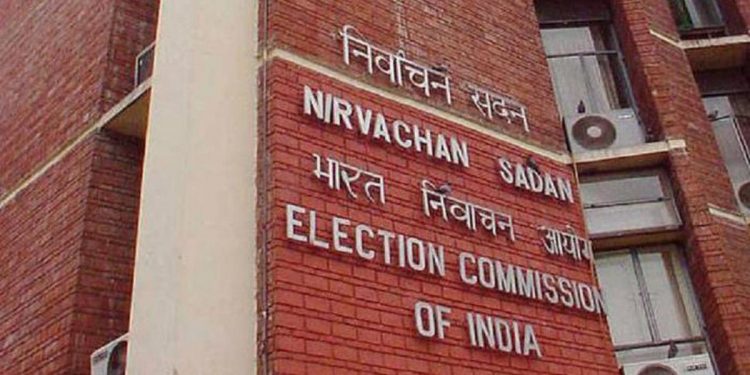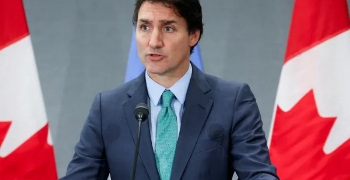Constitutional propriety demands distinction between different pillars of a democratic society. It is essential that each arm of governance respects the others and does not transgress into their authority or tarnish their image. Just as the judiciary is expected to remain independent of the executive, bodies like the Reserve Bank of India and Election Commission of India (EC) are considered constitutional entities that deserve to be dealt with as such. Any kind of infringement definitely damages the spirit of democracy. It is not only a protocol breach but certainly a grave misdemeanor on the part of the Prime Minister’s Office (PMO) to summon the Chief Election Commissioner Sushil Chandra and the two Election Commissioners Rajiv Kumar and Anup Chandra Pandey who, despite expressing reservations, participated in an online ‘interaction’ with officials of the PMO. To label this as an issue of propriety may be making the issue less damaging. It is a clear cut act that undermines the very foundation of democracy in India.
Of late the people’s trust in the independence of the judiciary has been somewhat shaken when several judgements of monumental importance to national life appeared to have been pronounced to blatantly oblige the executive. The faith in the EC has also taken a beating for a number of its decisions that clearly helped the party in power at the Centre, defying rules of level playing field. A recent glaring example of this would be the multi-phased polling held in West Bengal for the State Assembly. Mamata Banerjee had consistently protested against the partisan attitude of the EC. But, what happened last week is not only an egregious assault on the authority and autonomy of the EC, but unprecedented in post-Independent India. And that too when Assembly elections in crucial states such as UP and Punjab are going to be held in the next few months.
When the PMO summoned the Chief Election Commissioner to a meeting chaired by an official in the PMO, the initial reaction of the CEC was predictable and appropriate as he made known his ‘displeasure’ at the tone and tenor of the letter to him and did not oblige the PMO by attending the meeting. But in an inexplicable turn of events, all the three election commissioners joined an ‘informal interaction’ with the PMO official later. The country has the right to know what transpired at the meeting. Did the government discuss or suggest to the EC dates of the elections to be held soon or anything else that may give advantage to the ruling party at the Centre? The suspicion is only natural which is why the borderline between the government and the EC is so sacrosanct. The question is why the government breached it and why the Election Commissioners seemed to have lost the nerve after initial reluctance. Was the pressure so very unbearable that the EC wilted?
In India, the EC not only conducts elections but also supervises an electoral system in a manner that both the winner and the loser respect its decisions. Such trust and veneration have been built over the years. For this reason alone, the EC must be given due respect by the executive and it must be seen to be doing so not by mere words, but by deeds as well. The importance of the EC has grown over the years for the repeated attempts by political parties to subvert democracy through muscle and money power. It was TN Seshan who as the CEC in the 1990s stood up to the challenges posed by the political class to the autonomy and independence of the EC. He not only held his nerves when top politicians of the day, including Jyoti Basu, the Leftist stalwart and Bengal Chief Minister of record tenures till then, tried to undermine his authority. To Basu’s intemperate language calling him ‘a mad dog,’ Seshan retained his cool. Seshan went about doing his job without compromising the authority invested in him by the EC.
The country has since seen a few CECs who have made a mark on the electoral process. The other name that comes to mind is of JM Lingdoh. The account given by former CEC SY Quraishi in response to the PMO’s preposterous letter to the EC is of instructive value. He stated when he had been contacted by the Principal Secretary to the then Prime Minister Manmohan Singh for his appointment as CEC, he was told if he accepted the post, he would have to resign as an IAS cadre officer. This was, as he explains, because of the constitutional principle of distancing the EC from the executive/government. Not for once, he said, the government tried to summon him or issue any instruction. On the contrary, the then PM sent law ministers to him on a couple of occasions for discussion on the EC’s plan for electoral reforms.
The CEC and the two other Election Commissioners have done great disservice to the nation and the Constitution by subsequently surrendering to the government by attending an informal session with the official. When a constitutional authority so meekly succumbs to the executive, it can well be imagined how the common man or civil society activists can be bulldozed by a coercive regime.






































